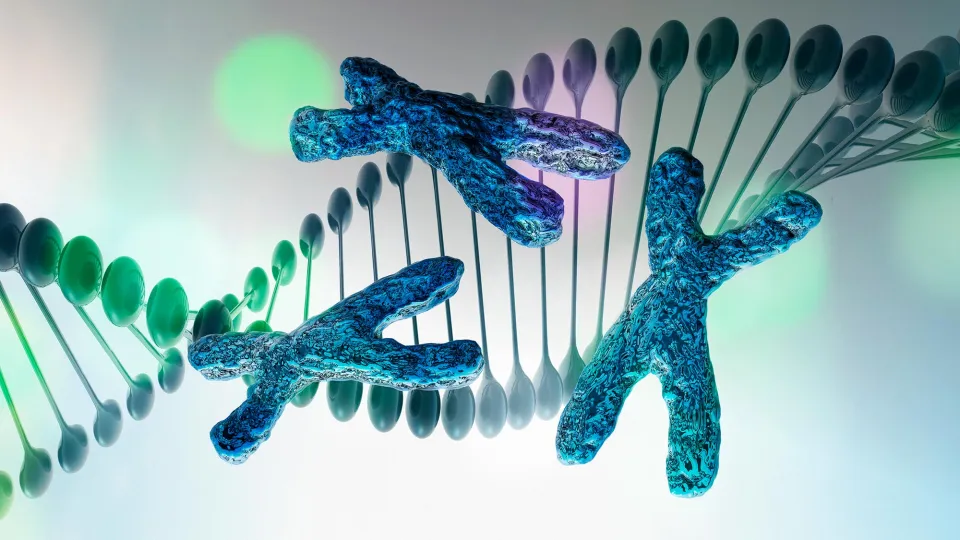News Brief
A Better and Safer Strategy for Treating Blood Cancers
September 25, 2024

Myelodysplastic syndromes (MDS) and acute myeloid leukemia (AML) are blood cancers that most commonly occur in older adults. The standard of care for these conditions—the chemotherapy drug, decitabine, along with the targeted agent, venetoclax—is effective but toxic, making it difficult for many patients to finish therapy.
In a new prospective study published online on September 24, 2024 in Blood, physician-scientists at Montefiore Einstein Comprehensive Cancer Center (MECCC) demonstrated that—instead of the usual regimen of administering the two drugs at higher doses consecutively for a month—giving lower doses of both drugs once a week is equally effective in treating MDS and AML and is associated with lower toxicity. This new patient-centered approach is consistent with the FDA’s Oncology Center of Excellent Project Optimus, an initiative aimed at redesigning cancer therapies to optimize the effectiveness of drugs, but also a therapy’s safety and tolerability.
The corresponding author of the study is Mendel Goldfinger, M.D., clinical program director of hematologic malignancies at MECCC and associate professor of oncology and of medicine at Albert Einstein College of Medicine.



